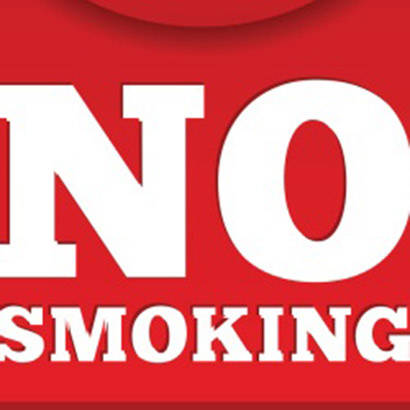
The community of Longview, Washington looked at the data; nearly 30% of pregnant women smoked during pregnancy, and rates for teens and adults were also high. Despite having a “Clean Air Act” that prohibited smoking in bars and restaurants, many places were still not smoke free. So when a team of collaborators looked at an area where they could make immediate changes to improve the health of people in their communities, they chose to implement a tobacco-free parks initiative.
They started with local leadership, asking the City Council to appoint a task force to address the issue. This task force conducted community surveys that asked citizens to vote for or against voluntary bans on tobacco use in public parks. A Cowlitz County staff member noted that “it was difficult for people to oppose restrictions on smoking near children”. More than two-thirds of people surveyed at parks, community events, health care facilities, and other public places supported some restrictions on smoking, especially around places where children play.
In addition to the survey, the task force enlisted groups of youth to collect cigarette butts found at local parks. This highlighted the trash and health issues around public smoking in a strikingly visual way.
With the data and the buckets of used cigarettes found in playgrounds, the City Council passed a ban on tobacco use in all parks, with a few designated smoking areas at larger sporting venues. The local newspaper came out against the two-year ban, proclaiming that a “nanny state” was in effect in Longview. However, local park officials reported a decrease in smoking in parks over the two year period, in some cases up to 30% less. There have been no complaints to the health department, law enforcement, or the parks department. Given the positive impacts, the local coalition looked at other public places where a smoke-free environment would be important.
The community gardens seemed like an obvious choice, as did the library grounds that hosted the annual Squirrel Fest. But the message had to change from a focus on children. Creating a tobacco-free public space would require changing the social norms around the venues where smoking was acceptable. At the Community Gardens, the message was about food tasting better without smoke; at the Squirrel Fest it was about smoking around families (both human and non-human). A new community survey was conducted and 77% of the respondents supported expanding the ban on tobacco use in these public places. The people were definite about what they wanted.
As a result of the tobacco free parks, this group has now become focused on environmental changes, rather than health programs, as the way to have long a term impact in their community. As one member of the coalition said, “People do good things without fanfare. Heroes are everywhere and they don’t all do it for glory.”
